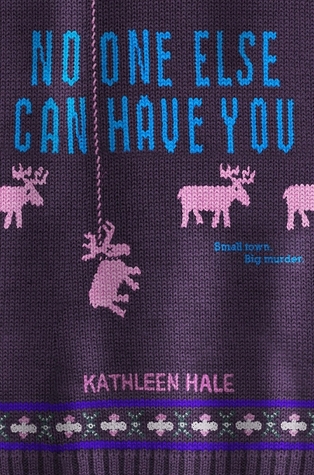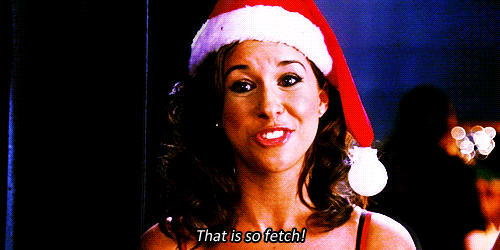I call that kind of thing “putting a bow on it.”
 |
| This is awesome for your birthday, not your book. |
Now, if you’re giving someone a birthday present, putting a bow on it is a great extra touch. It makes everything look pretty, and polished, and put together.
And writing is a story is also like giving someone a gift, but it’s a different kind of gift. A story is a working gift--if everything in your book has a bow on it, then there’s no fun left for the reader. Nothing for them to figure out. It’s like giving someone a jigsaw puzzle already put together. No fun, right?
Here’s an example of putting a bow on it:
Muscles he didn’t even know he had ached. Could you even pull the muscles in your fingers? Was that a real thing? If so, he’d done it. His arms and legs felt like rubber. Really heavy rubber. There was a burning pit in the middle of his body where his abs had been, two hours ago at the beginning of swimming.
Practice had been really hard.
Did I really need that last sentence? Nope. You knew when I talked about the muscles and the rubbery feeling and the burning that swimming practice had beat this character up. You didn’t need me to put a bow on it and tell you that practice had been hard.
Here’s another example:
Her cheeks burned as blood rushed to them. The blush spread from her cheeks down her neck, until she could feel her shoulder blades and her belly and her kneecaps burning too. The laughter of her classmates echoed in her ears, pushing all other thoughts from her mind.
She was so embarrassed.
You might not know what happened, or why, but from reading that short paragraph you definitely know that this girl was super embarrassed. You didn’t need me to put a bow on it for you.
These kinds of summarizing sentences are something I see in published works too, and I think if you set it up just the right way, with the right circumstances, it can help deliver a final blow and be a very powerful thing. But nine times out of ten, I think less is more when it comes to writing. Less words means more work for you reader--but if you do it right, more fun too.
Are you plagued by trying to put a bow on it? Or do you have another writing pitfall you get caught up in?
Did I really need that last sentence? Nope. You knew when I talked about the muscles and the rubbery feeling and the burning that swimming practice had beat this character up. You didn’t need me to put a bow on it and tell you that practice had been hard.
Here’s another example:
Her cheeks burned as blood rushed to them. The blush spread from her cheeks down her neck, until she could feel her shoulder blades and her belly and her kneecaps burning too. The laughter of her classmates echoed in her ears, pushing all other thoughts from her mind.
She was so embarrassed.
You might not know what happened, or why, but from reading that short paragraph you definitely know that this girl was super embarrassed. You didn’t need me to put a bow on it for you.
These kinds of summarizing sentences are something I see in published works too, and I think if you set it up just the right way, with the right circumstances, it can help deliver a final blow and be a very powerful thing. But nine times out of ten, I think less is more when it comes to writing. Less words means more work for you reader--but if you do it right, more fun too.
Are you plagued by trying to put a bow on it? Or do you have another writing pitfall you get caught up in?





















